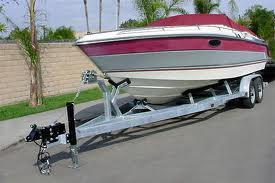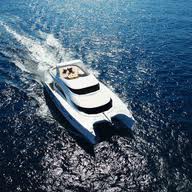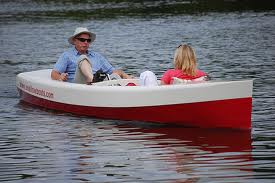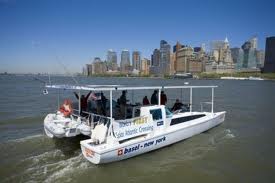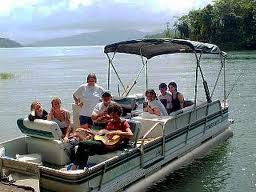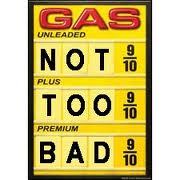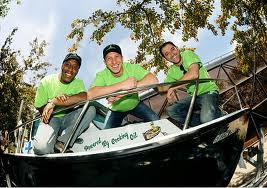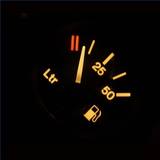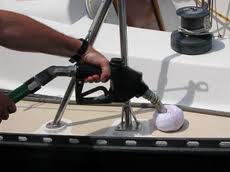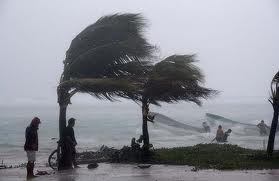Tips for Trailering Part 3
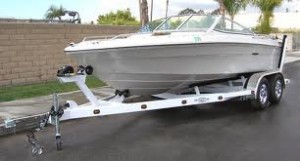 For anyone who’s never trailered their boat there’s a whole list of things you need to consider before running out and buying that brand new, shiny trailer. Things like the towing capacity of your vehicle are absolutely critical to purchasing a trailer. You don’t want to buy your brand new trailer only to find out your vehicle doesn’t have the necessary power to tow your boat.
For anyone who’s never trailered their boat there’s a whole list of things you need to consider before running out and buying that brand new, shiny trailer. Things like the towing capacity of your vehicle are absolutely critical to purchasing a trailer. You don’t want to buy your brand new trailer only to find out your vehicle doesn’t have the necessary power to tow your boat.
A great way to get this information is to check your owner’s manual or find out if other boaters are using the same vehicle to tow their boats. Almost all family sedans are automatically disqualified because they simply aren’t designed to tow much of anything, much less a hulking mass of water-going equipment. Your best bet is a truck or SUV as these almost always have the power to tow a boat up to 25 feet in length. But you always want to check your owner’s manual to be absolutely certain. And if you own a Yaamaha engine check out Yamalube 2W oil and maximize your boat’s efficiency for saving gas on the water.


